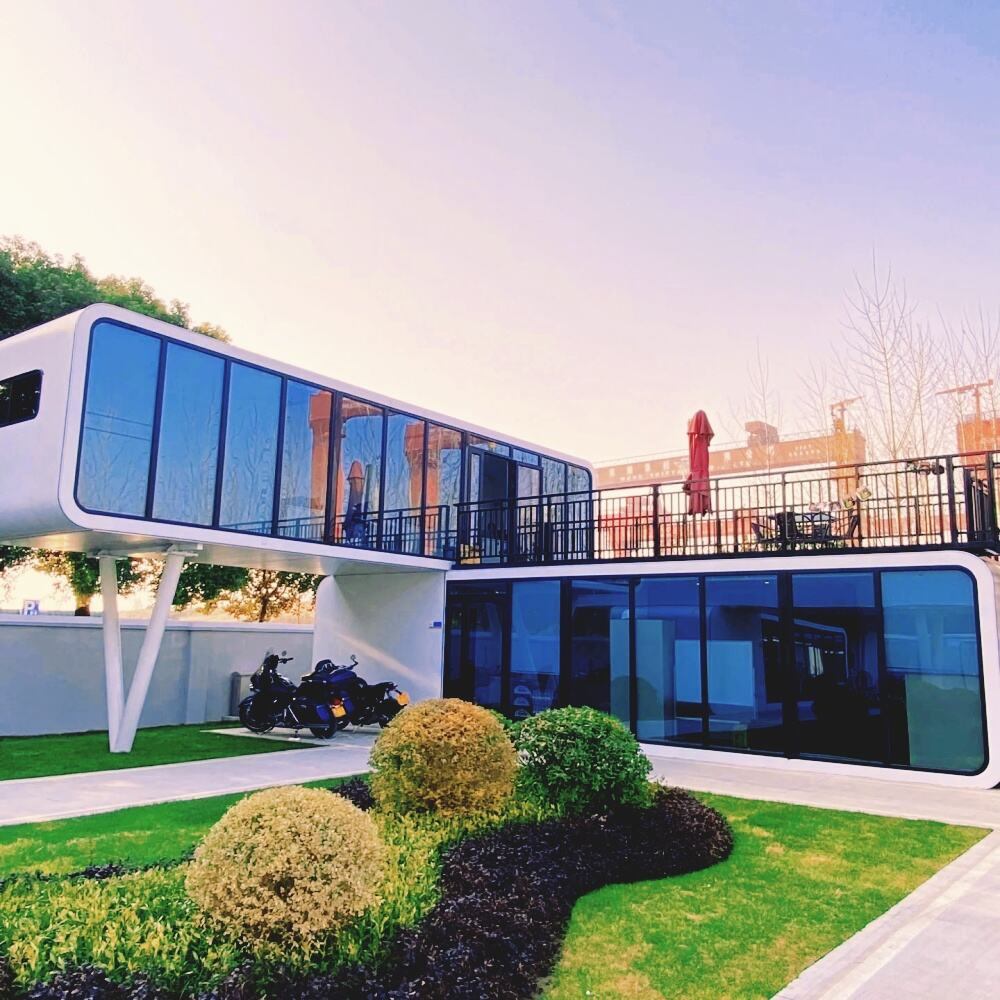Ecofriendly prefab homes are prefabricated houses designed to minimize environmental impact through sustainable materials, energy efficiency, and eco-conscious construction practices. These homes start with green design principles: compact footprints to reduce land use, orientation to maximize natural light and solar gain, and integration with the surrounding ecosystem to preserve vegetation and water flow. Materials used in construction are chosen for sustainability: recycled steel or FSC-certified wood for framing, low-VOC paints and adhesives to reduce indoor air pollution, and reclaimed or recycled materials for flooring and finishes. Insulation is made from natural or recycled materials like sheep’s wool, cotton, or recycled denim, providing excellent thermal performance without harmful chemicals. Energy efficiency is a cornerstone, with high-performance windows, airtight construction, and energy-efficient HVAC systems that reduce reliance on fossil fuels. Many ecofriendly prefab homes incorporate renewable energy sources, such as solar panels, wind turbines, or geothermal systems, to generate on-site power. Water conservation features include rainwater harvesting systems, low-flow plumbing fixtures, and drought-resistant landscaping. The factory construction process itself is eco-friendly, producing less waste than traditional building and allowing for better recycling of materials. Ecofriendly prefab homes appeal to environmentally conscious homeowners seeking to reduce their carbon footprint, offering a sustainable, comfortable living solution that proves green living and efficient construction can go hand in hand.
